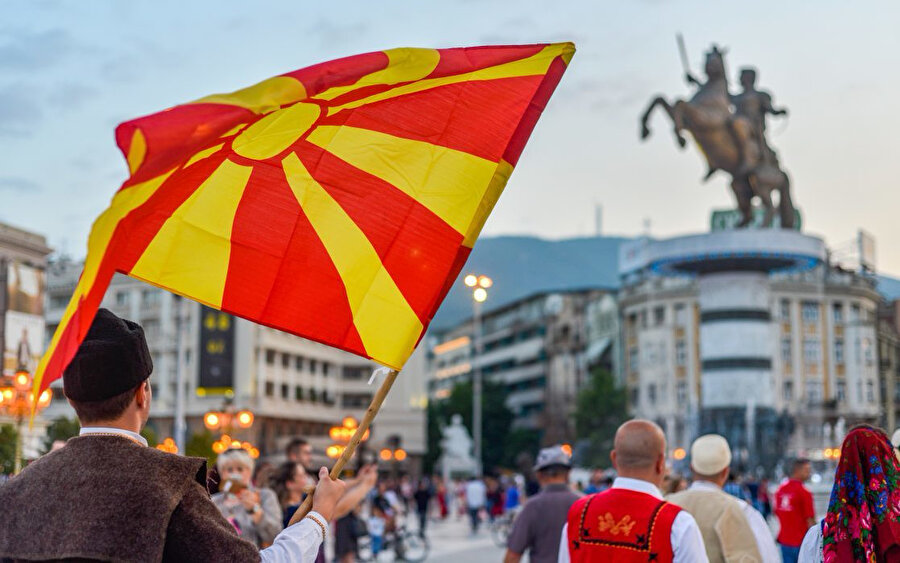
North Macedonia Celebrates 34 Years of Independence
North Macedonia Celebrates 34 Years of Independence
North Macedonia, one of the Balkan countries that separated from the former Yugoslavia, is celebrating the 34th anniversary of its independence.
Following the political crises and conflicts that erupted in Yugoslavia in the early 1990s, the country, then known simply as Macedonia, held a referendum on September 8, 1991, and declared its independence. 95.3% of the population voted in favor of independence. Soon after, many countries, including Turkey, recognized the decision.
After independence, Kiro Gligorov was elected as the country’s first president. In 1992, the country introduced its own currency, the denar, and established its armed forces. In 1993, North Macedonia joined the United Nations, albeit under the name “Former Yugoslav Republic of Macedonia” due to objections from Greece.
Strategic Goals: EU and NATO Membership
Immediately after independence, North Macedonia set European Union (EU) and NATO membership as strategic goals. The country joined NATO in 2020 and continues negotiations for full EU membership.
The Name Dispute and the Prespa Agreement
The long-standing name dispute with Greece was resolved in June 2018 through the Prespa Agreement, officially changing the country’s name to “North Macedonia.” In a referendum held the same year, 91.46% of voters supported the change and the country’s EU-NATO aspirations, although voter turnout was below 37%.
EU Accession Negotiations
North Macedonia, together with Albania, officially began EU accession negotiations on July 19, 2022. Granted candidate status in 2005, the country must implement constitutional changes required under the protocol signed with Bulgaria. This includes adding the Bulgarian, Croatian, Montenegrin, Slovenian, Jewish, and Egyptian communities to the constitution’s list, which currently recognizes “North Macedonian citizens; Macedonian, Albanian, Turkish, Vlach, Serbian, Roma, Bosniak” communities.
For this change to take effect, a two-thirds majority (at least 80 out of 120 members) in the parliament is required.
SOURCE: Vedat Kurt